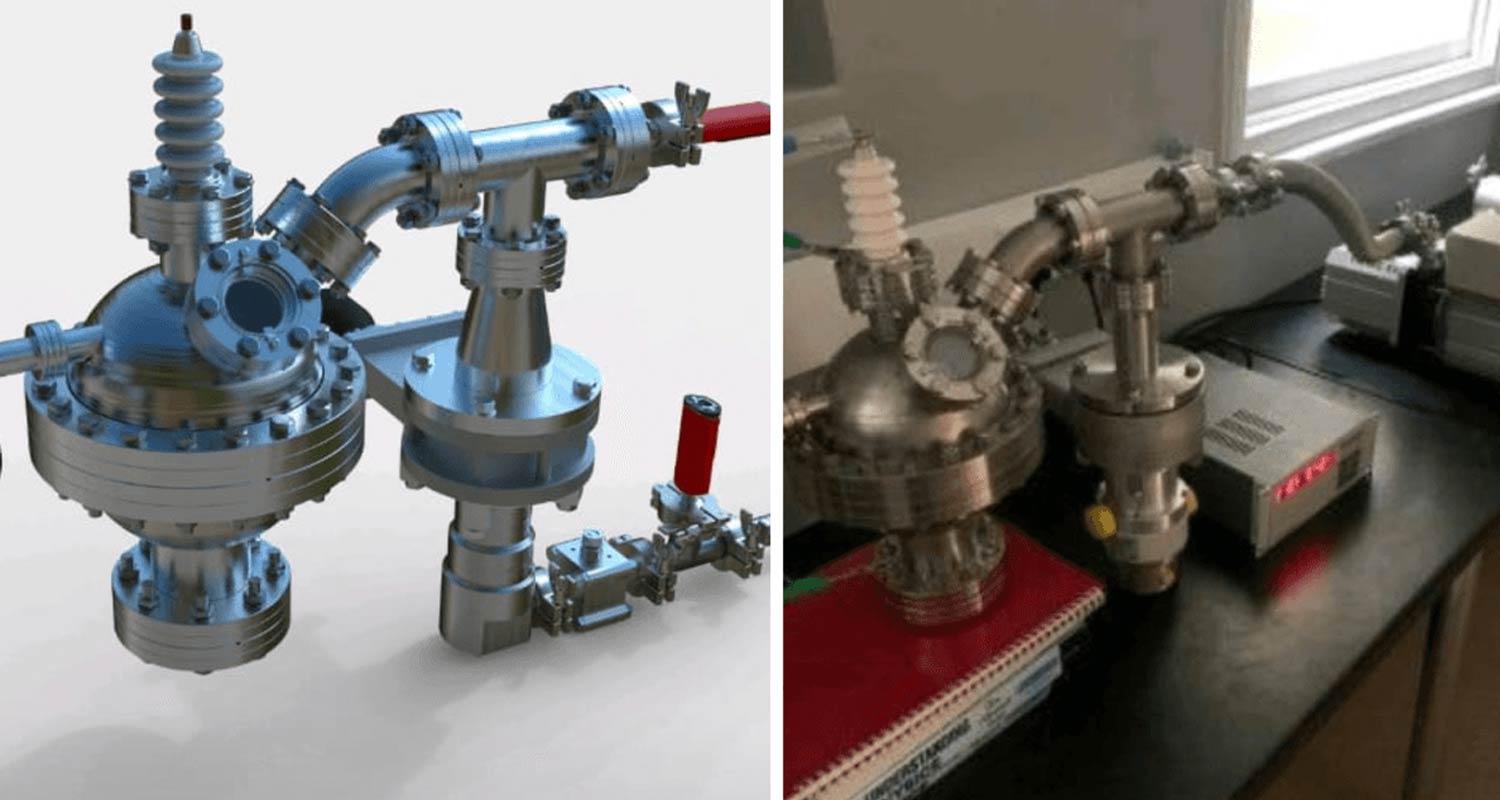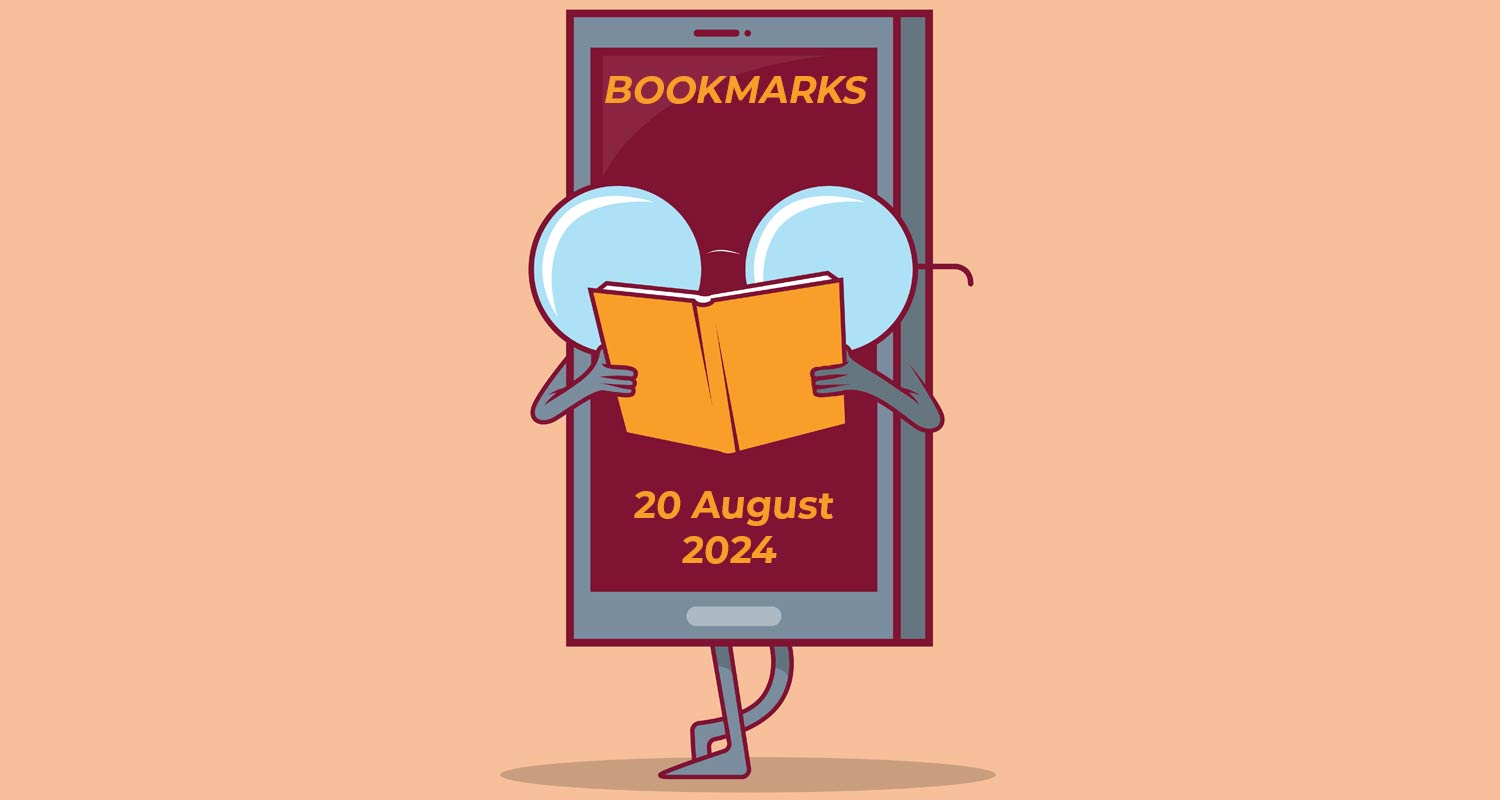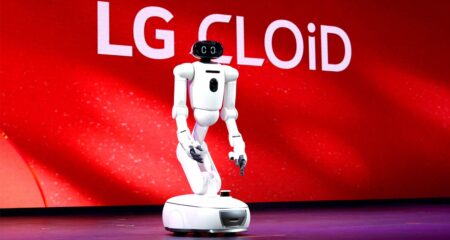
From an anti-AI pledge by a leading creative software maker to fears about UK tech entrepreneur Mike Lynch after his luxury yacht sank, these are the articles that have caught the eye of TechCentral’s editorial team in the past 24 hours.
- Mike Lynch among missing after yacht sinks off Sicily: Mike Lynch, a prominent UK technology entrepreneur, is missing after his luxury yacht sank off Sicily in bad weather. The yacht, named Bayesian, was carrying Lynch, his legal team and their families. Six guests are missing, including Lynch’s 18-year-old daughter, while one crew member is confirmed dead. Read more in the Financial Times (hard paywall). DM
- Nuclear fusion reactor created by school teenager successfully achieved plasma: School pupil Cesare Mencarini has successfully developed a small nuclear fusion reactor as part of his A-levels. The 17-year-old built the reactor to generate neutrons as part of his Extended Project Qualification. Imagine what this teen will achieve when he is at his prime! More on Interesting Engineering. TS
- Procreate’s anti-AI pledge attracts praise from digital creatives: Procreate just gave generative AI the boot, declaring that creativity should be “made, not generated”. Their pledge to keep AI out of their tools has digital artists cheering like it’s the Renaissance all over again. Read more on The Verge. DM
- Your TV set has become a digital billboard. And it’s only getting worse: The TV industry is turning your living room into a virtual shopping mall, where your smart TV watches you more than you watch it. With every channel change and binge-watching session, ads and data tracking are working overtime, making your couch the front-row seat in a relentless marketing blitz. Where does the madness end? Read more on Ars Technica. DM
- 98% efficiency: scientists unveil game-changing nanoplastic removal technology: Nanoplastics are an emerging threat to human health. These toxic microparticles are building up in much of the world’s water reservoirs and they are invisible to the naked eye. But University of Missouri chemists are working on a designer solvent to remove nanoplastics from both fresh and saltwater. Read more on SciTechDaily. NN
- Why AI will not lead to a world without work: It was once predicted that horses would do away with all human labour. Sometime after that, cars were tagged as the job killers of the future. Perhaps these predictions are rooted more in fear than they are in empirical evidence. Boston Consulting Group has taken a more data-driven approach to analysing the impact of technology, including AI. Read more in the World Economic Forum. NN
- ARM reportedly developing gaming GPU in Israel to compete with Nvidia and Intel: Is ARM planning to launch a discrete gaming GPU (graphics processing unit)? ARM, known for building the architecture behind many systems-on-chip, including for Qualcomm and Apple, is reportedly working on a GPU design. Read more on Tom’s Hardware. TS
- New report says the games industry is ‘showing signs of a recovery’: During the Covid-19 pandemic, the gaming industry experienced a significant boom as people spent more time at home, turning to games for entertainment. However, as life returned to normal and people went back to work, the industry saw a big decline. But now DDM’s Games Investment Review reported “a sizeable uptick” in investments, recovering ground lost in 2023. More on GamesIndustry.biz. TS
Top stories on TechCentral over the weekend
- Schreiber calls for digital overhaul of home affairs
- Absa CEO Arrie Rautenbach to step down
- MTN Group swings to big loss, dragged down by Nigeria
- La-Cell Mouton is new FNB CIO
- Eskom’s 40% price hike plan to face MPs’ scrutiny
 Bookmarks is a new daily feature on TechCentral and published Monday to Friday, excluding public holidays.
Bookmarks is a new daily feature on TechCentral and published Monday to Friday, excluding public holidays.




